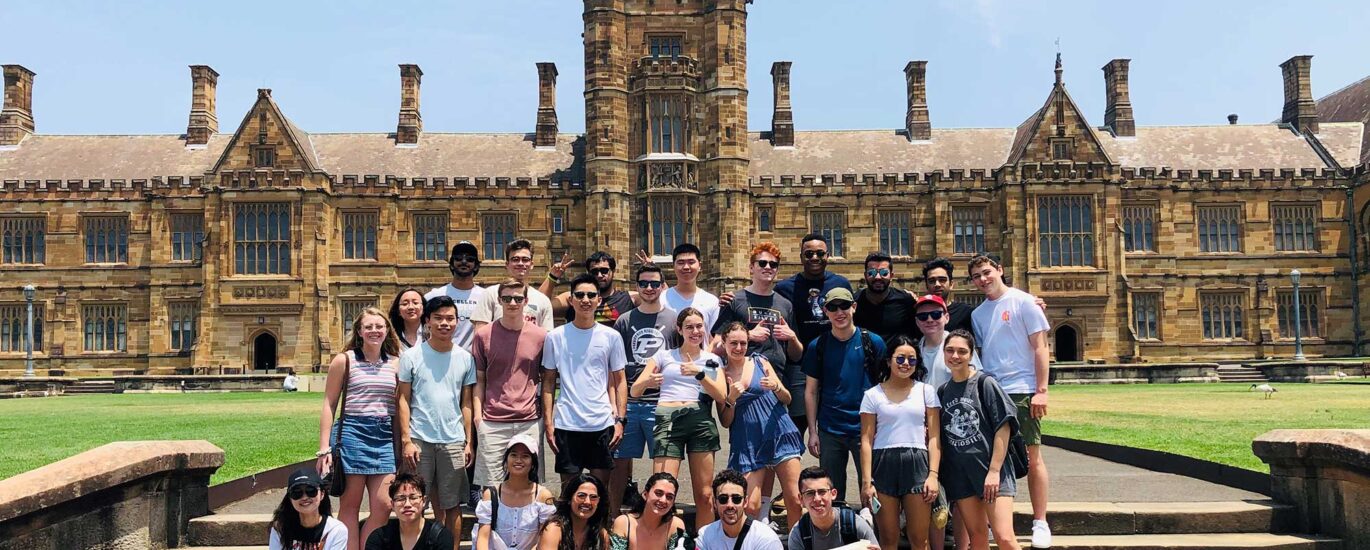Over the past 15 years, more students are going abroad for higher education, even though there are more educational opportunities in our country. This trend is due to factors like the perception of better education quality, political uncertainty, and limited job options at home.
In 2022, around 49,151 Bangladeshi students studied in 58 different countries, a significant increase from 2013 and 2008. To meet the demand for higher education, the government created new universities, leading to 44 lakh students in 53 public and 111 private universities. However, many of these new institutions lack quality infrastructure and faculty.
Ensuring quality education is essential. Experts say the focus should shift from building more structures to hiring better teachers, improving research facilities, and modernizing labs. Currently, Bangladeshi universities perform poorly in international rankings.
For example, Dhaka University and North South University are ranked between 601 and 800 in the 2023 Times Higher Education World University Rankings. These rankings are based on various indicators and include universities from all over the world.
Despite the growth in universities, many students are still choosing to pursue master’s degrees in countries like the USA, UK, Australia, Canada, and others. In recent years, students have also been going to the United Arab Emirates and Malaysia, partly due to lower costs and affiliations with Western universities.
Foreign universities offer scholarships, and more Bangladeshi families can now afford to send their children abroad for higher education. English-medium students often seek undergraduate programs abroad, while Bengali-medium students usually go for post-graduate courses.
Limited job opportunities, nepotism, and corruption in the local job market encourage parents to send their children abroad. The lack of quality education in many local universities remains a significant issue. Additionally, political uncertainties are another reason for students seeking better educational and life opportunities abroad. This brain drain, where students don’t return home after studying overseas, is an ongoing challenge for Bangladesh.




